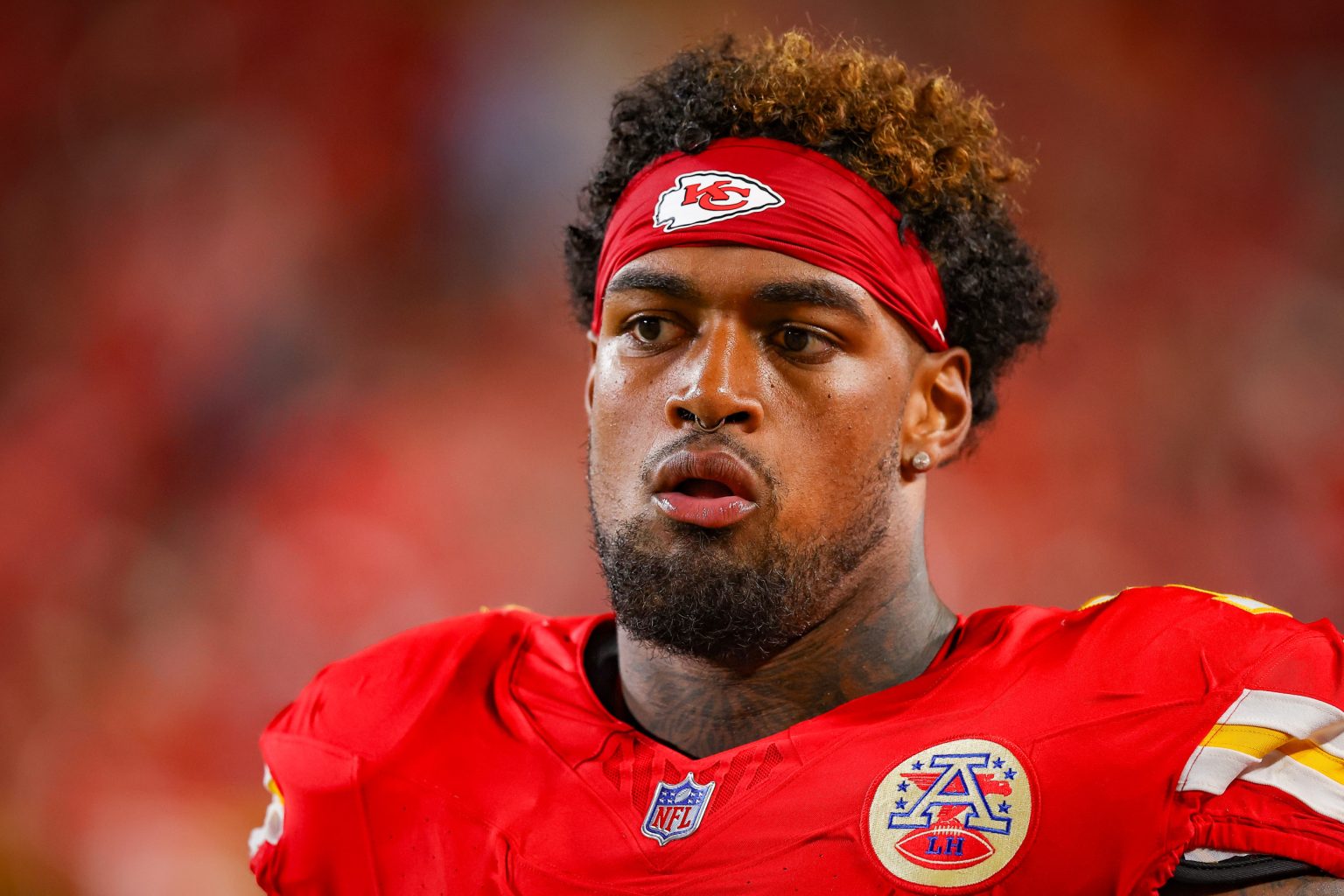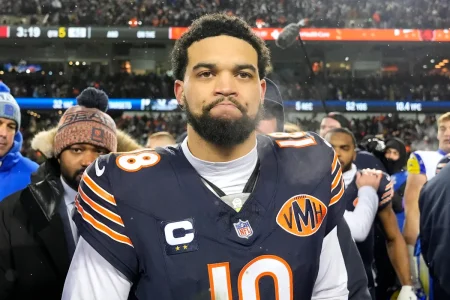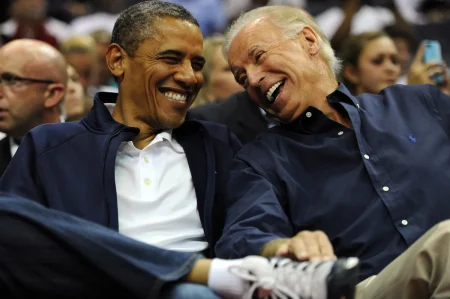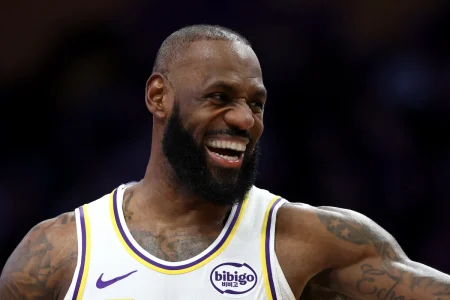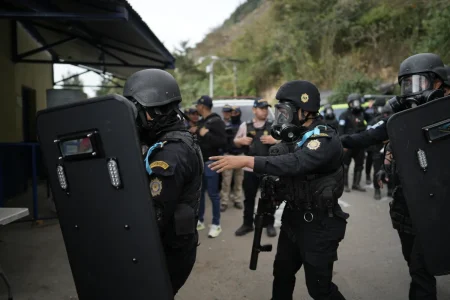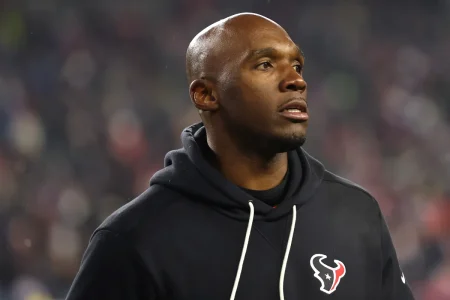Rookie Impact: Josh Simmons Could Be Key to Chiefs’ Super Bowl Redemption
Despite reaching the Super Bowl last season, the Kansas City Chiefs’ performance in the big game was far from their best, leaving Andy Reid and his team with unfinished business. As they set their sights on a return trip with better results, one rookie in particular carries significant responsibility for unlocking the Chiefs’ offensive potential. According to Derrik Klassen of The Athletic, rookie offensive tackle Josh Simmons needs to immediately contribute at a high level to help Patrick Mahomes and the offense recapture their explosive form that has defined their championship runs.
The pressure on Simmons stems from a critical weakness exposed last season, particularly during their Super Bowl appearance when Mahomes was sacked six times. This protection breakdown wasn’t an isolated incident, but rather a season-long challenge that limited Kansas City’s ability to execute their signature downfield passing attack. “If Josh Simmons is good enough, that is one of the other big reasons that this team could be really good,” Klassen explained on “The Athletic Football Show.” He highlighted that protection concerns, “especially in drop-back scenarios,” forced the Chiefs to adjust their offensive approach last year, moving away from the vertical passing game that had made them so dangerous in previous seasons.
What makes Simmons’ role so vital is that he represents a potential solution to one of the few weaknesses on an otherwise championship-caliber roster. The Chiefs have added explosive talent at the skill positions, including rookie speedster Xavier Worthy, and expect continued development from second-year receiver Rashee Rice. However, these weapons can only reach their full potential if Mahomes has sufficient time in the pocket to find them downfield. This is where Simmons enters the equation, potentially transforming an offensive line that struggled to provide consistent protection last season.
Encouragingly, Klassen sets realistic expectations for the rookie tackle. He isn’t demanding Pro Bowl performance in year one, but rather meaningful improvement that could significantly impact the offense’s ceiling. “If Simmons can at least go from, I don’t know, the Chiefs having [offensive] tackle 31 last year to offensive tackle 21, that goes a really long way in Patrick Mahomes being comfortable back there,” Klassen noted. This improvement would represent moving from bottom-tier to middle-of-the-pack tackle play, which could be sufficient given the elite talent at quarterback and skill positions.
The implications of Simmons’ development extend beyond individual statistics to the team’s overall offensive identity. With adequate protection, the Chiefs could shift from the methodical, shorter passing game they relied on last season back to the explosive, downfield attack that terrorized defenses during their championship runs. As Klassen put it, solid tackle play could be the difference between the Chiefs having “the seventh-best offense again” versus “lighting the world on fire” as they’ve done in their most dominant seasons. This transformation would make Kansas City significantly more dangerous in their quest to return to and win another Super Bowl.
For a team with championship expectations, finding solutions at key positions like offensive tackle can be the difference between disappointment and celebration. The Chiefs have demonstrated remarkable adaptability under Reid and Mahomes, winning championships with different offensive approaches. However, their most dominant form comes when they can stretch the field vertically while maintaining efficiency in the intermediate passing game – something that requires solid offensive line play. If Simmons can help provide that stability, Kansas City may find themselves not just returning to the Super Bowl, but delivering the championship performance that eluded them last season.





